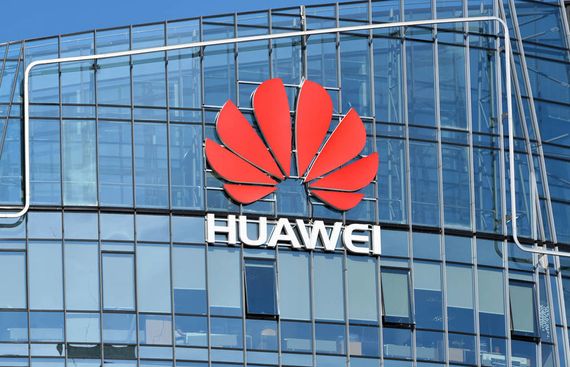Huawei files motion challenging US security law

Worlds largest telecommunications equipment supplier Huawei on Wednesday filed a motion in a US court challenging the constitutionality of the 2019 National Defense Authorization Act (2019 NDAA).
The company asked for a summary judgment on whether it was constitutional for the US government to implement military spending provisions that barred government contractors from buying Huawei products.
The Chinese tech giant also asked for an end to US' state-sanctioned campaign against it arguing that it would "not deliver cybersecurity". A hearing on the motion is scheduled for September 19.
In its complaint, Huawei argued that Section 889 of the 2019 NDAA singled it out and barred US government agencies from not only buying its equipment and services, but also from contracting with or awarding grants or loans to third parties who buy Huawei equipment or services -- even when there was no impact or connection to the US government.
"Banning Huawei using cybersecurity as an excuse 'will do nothing to make networks more secure'. They provide a false sense of security, and distract attention from the real challenges we face," Song Liuping, Huawei's Chief Legal Officer, said in a statement.
"Politicians in the US are using the strength of an entire nation to come after a private company. This is not normal. Almost never seen in history. The US government has provided no evidence to show that Huawei is a security threat. There is no gun, no smoke. Only speculation," Song noted.
Addressing the addition of Huawei to the "Entity List" by the US Commerce Department two weeks ago, Song said: "This sets a dangerous precedent. Today it's telecoms and Huawei. Tomorrow it could be your industry, your company, your consumers."
The Chinese telecom giant said it had confidence in the independence and integrity of the US judicial system and that the mistakes in the NDAA could be corrected by the court.
According to Glen Nager, Huawei's lead counsel for the case, Section 889 of the 2019 NDAA violates the Bill of Attainder, Due Process, and Vesting Clauses of the United States Constitution.
Thus the case is purely "a matter of law" as there are no facts at issue, thereby justifying the motion for a summary judgement to speed up the process.
On May 15, US President Donald Trump effectively banned Huawei with a national security order.
The US publicly asked its allies to steer clear of using Huawei products over concerns that the equipment could be used by the Chinese government to obtain private information.
Read More news:

.jpg)

